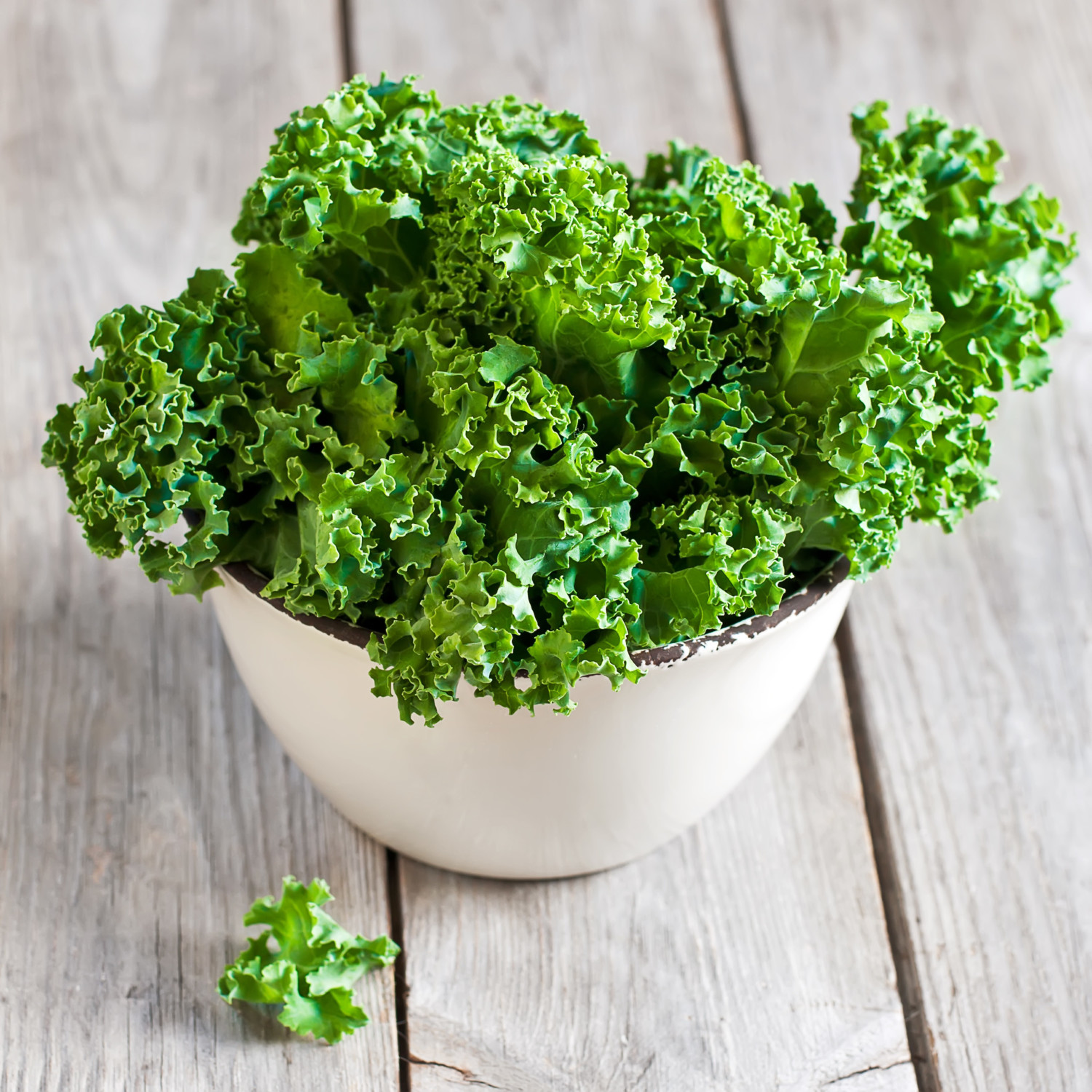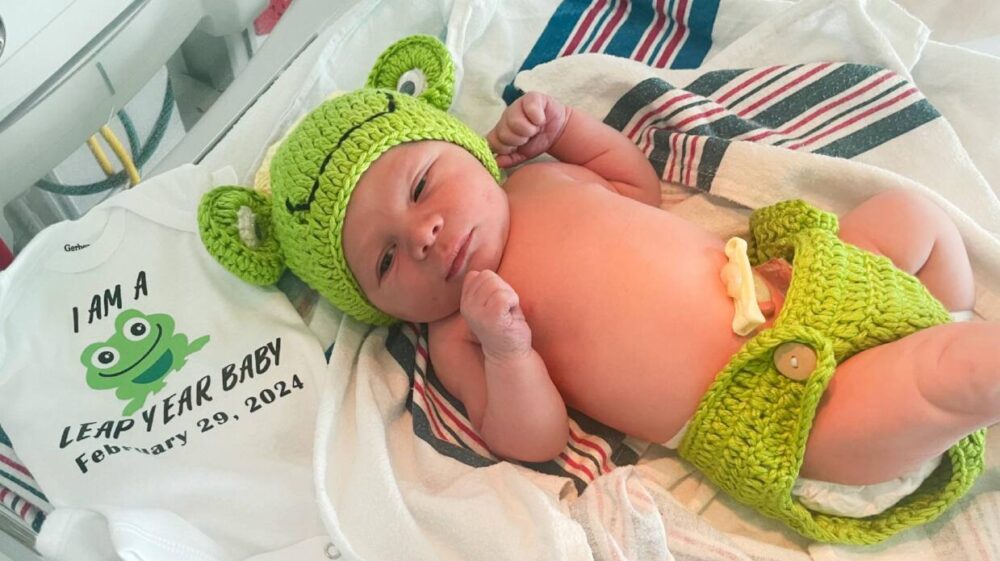Study finds that unborn babies smile when mom eats carrots but frown when it’s kale

Are picky eaters born, not made? A recent study out of the U.K. suggests that fetuses have some sense of taste, even in the womb — and they don’t always like what they’re tasting!
A group of 100 women in northeast England in their 32th-36th weeks of pregnancy joined the study at Durham University, titled “Flavor sensing in utero and emerging discriminative behaviors in the human fetus.” Its results were published in Sage Journals last month.
Thirty-five of the women took a capsule containing powdered carrot and 34 took a kale capsule. These vegetables were chosen because of their contrasting flavors: sweet and “woody” versus bitter.
After a 20-minute wait, researchers took a peek at each fetus using a 4D ultrasound. (The control group, which comprises the rest of the 100 women, came from archived ultrasounds of healthy infants.)
Participants were instructed not to eat or drink flavored foods for an hour before their study appointments. They were also asked not to eat anything with kale or carrots in it on the day of the scan. That way, researchers could be reasonably certain that the fetuses’ responses were tied to the flavor capsules.
The team watched the fetuses’ facial expressions as the capsules’ flavor became detectable in the amniotic fluid. Some of the carrot fetuses pulled faces reminiscent of tiny smiles! And, perhaps unsurprisingly, fetuses who got a dose of kale’s bitter flavor in their amniotic sac had expressions that looked like they were about to cry.
See for yourself! Researchers included photos with the study.
“Our research is the first one showing direct evidence of fetal reactions to flavors in the womb,” lead researcher Beyza Ustun, of Durham University’s Fetal and Neonatal Research Lab, told CNN.
The study also found that, as fetuses matured, their crying-face expressions became more complex as well. Smiling is a more straightforward expression to generate, and develops earlier in unborn children. Researchers say it is still unclear if fetuses at this stage experience emotion, or if the facial expressions are simple muscular responses.
One wrinkle: All of the participants were white and British. Next, the researchers want to see how fetuses from different food cultures respond.
”For example, I am coming from Turkey and in my culture, we love to eat bitter foods,” Ustun said. “It would be very interesting to see how Turkish babies would react to bitter taste.”
In the meantime, the group will follow this first cohort of babies to see if their prenatal palate matches up with their tastes outside the womb.
”We know that having a healthy diet during pregnancy is crucial for the health of children,” Ustun said. “And our evidence can be helpful to understand that adjusting maternal diet can promote healthy eating habits for children.”
[H/t: People]







